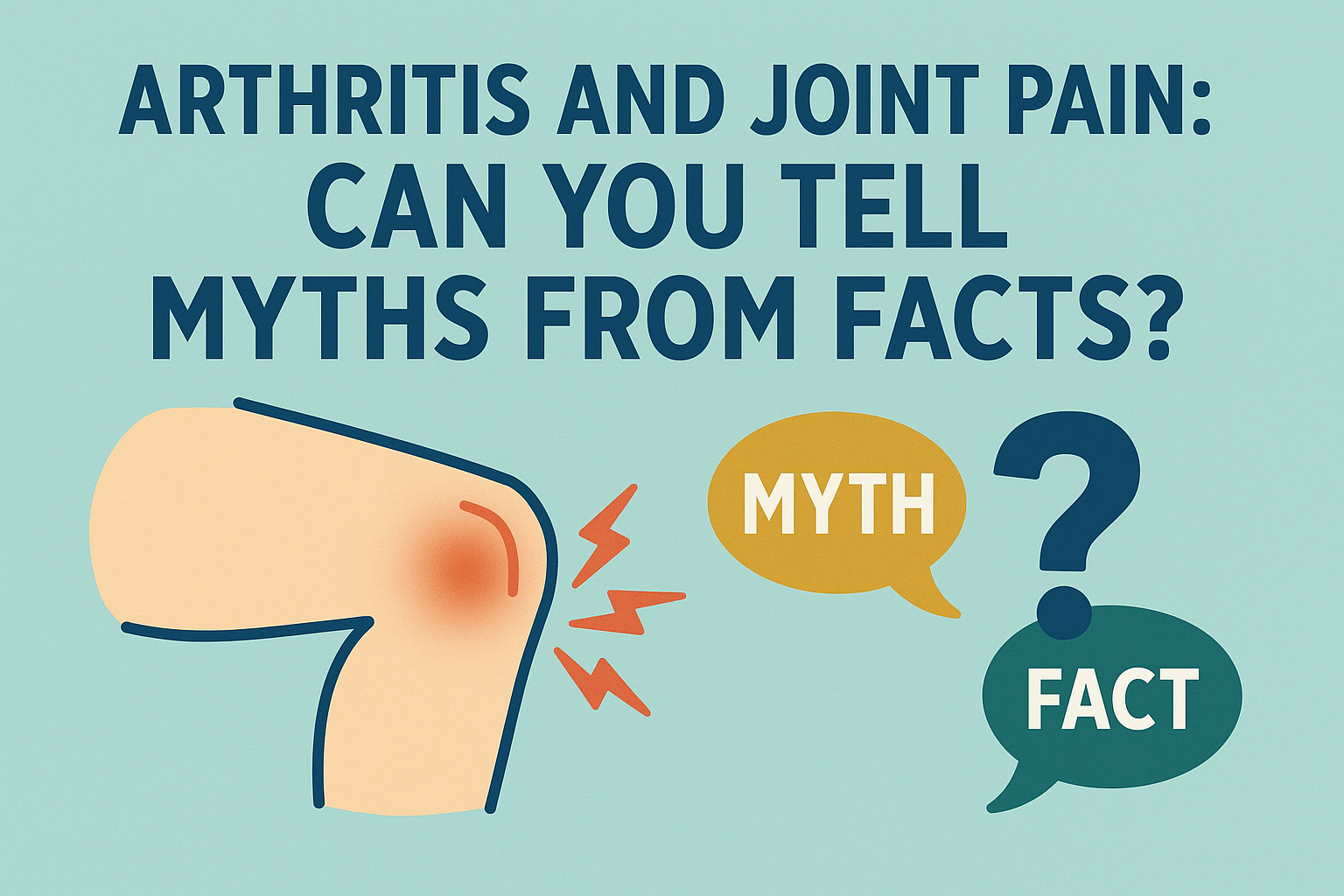


Myth: Arthritis is inevitable.
Fact: Osteoarthritis often gets worse with age, but there are many things you can do to slow or even stop it.
Myth: Rain and cold weather makes arthritis worse.
Fact: If you feel like your body has a hard time moving when the weather is colder, it’s not your imagination. A drop in atmospheric pressure can cause the tissues around your joint to expand, causing pressure, pain, and tenderness. However, a storm, cold weather, or a change in pressure doesn’t cause or worsen arthritis. Patients with existing arthritis may simply experience worse symptoms.
Myth: If you have arthritis, you shouldn’t exercise.
Fact: Movement is medicine for achy joints! Exercise won’t cure arthritis, but the stronger your muscles are, the better you and your joints will feel. Inflamed joints need to be moved to relieve some pain and stiffness.
Low impact exercises, such as walking, tai chi, strength-training, and stretching can lessen joint pain, strengthen muscles that support joints, and improve arthritis symptoms. Remember that all movement counts! Things like taking the stairs, walking your dog, house/yard work will help achieve your daily movement goals.
Myth: Diet doesn’t affect your joints.
Fact: Being overweight puts extra stress on your joints (1 pound of weight equals 5 pounds of pressure on your joints), which increases the likelihood of developing osteoarthritis, or increases the rate at which it progresses. Eating a healthy diet helps you maintain a healthy weight.
Consider eating anti-inflammatory foods, such as: